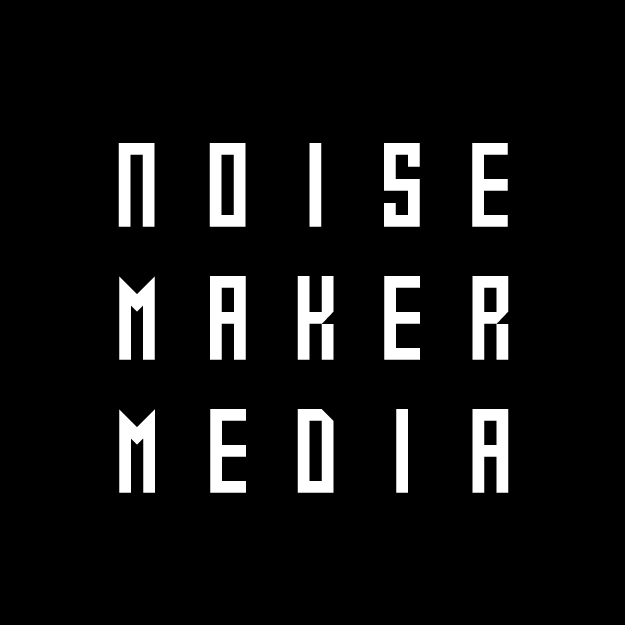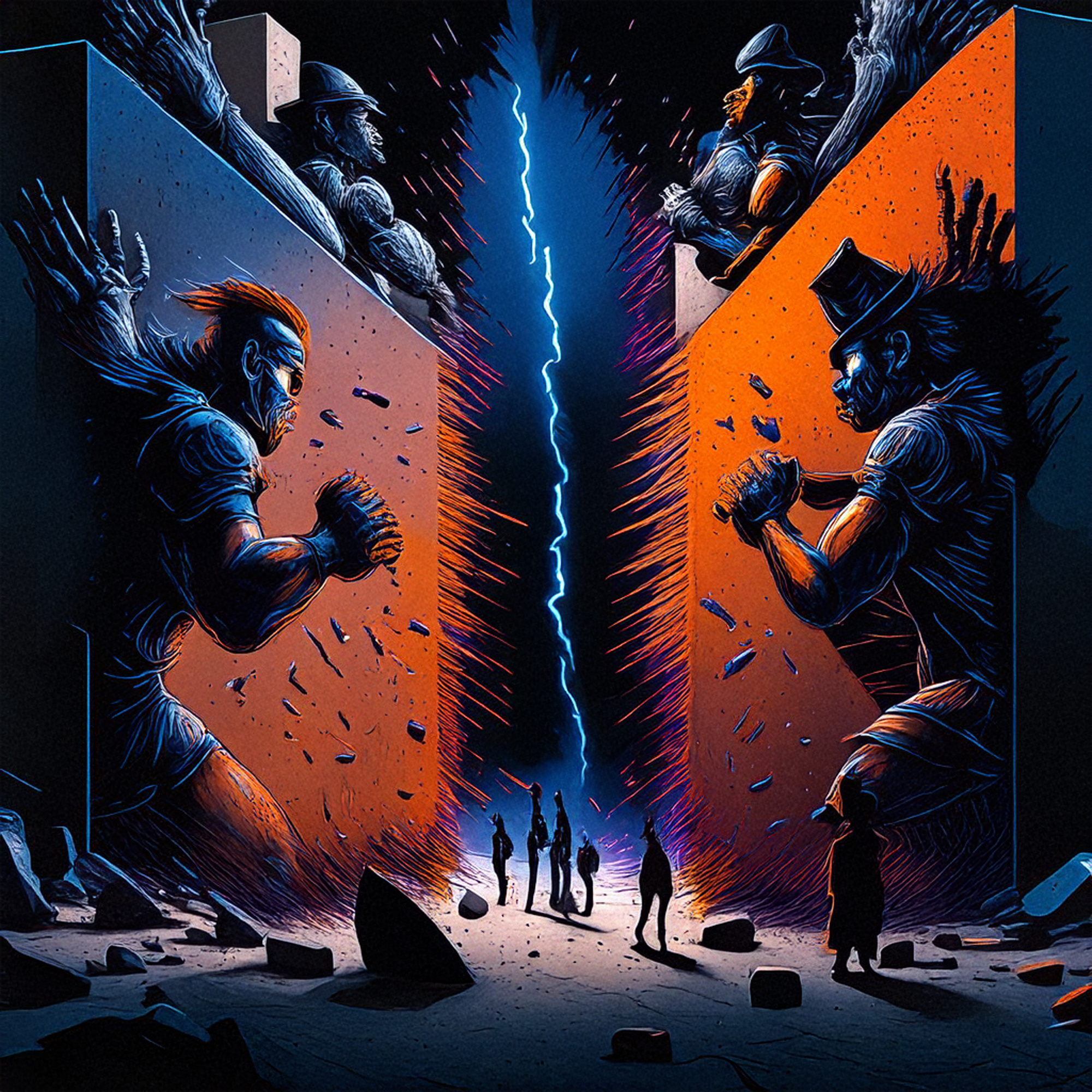The War on Critical Thought: How Reactionary Culture Undermines Depth
TL;DR: Reactionary culture has eroded critical thinking by rewarding emotional responses over deep engagement, conditioning people to reject intellectualism as elitist or impractical. To counter this, we must slow down, expose the manipulation, and create spaces that encourage meaningful discourse and thoughtfulness in an age of distraction.
In an era where reaction is currency, we are conditioned to reject depth, dismiss expertise, and reduce complex issues to quick takes and emotional soundbites. The result? A society that prioritizes speed over substance, certainty over nuance, and engagement over insight. Instead of fostering meaningful discourse, we have normalized a culture that rewards impulsive reaction over reflective reasoning.
The Weaponization of Intellectualism in Reactionary Culture
The rejection of intellectual depth isn’t just a coincidence—it’s an engineered consequence of reactionary culture. We live in a world where thinking critically is discouraged, while reacting emotionally is rewarded. The result is a population that doubts expertise, rejects complexity, and prioritizes speed over depth.
This phenomenon is evident in how people respond to cultural moments, such as Kendrick Lamar’s Super Bowl performance. While his set was loaded with symbolic meaning—steeped in his own artistic identity and sociopolitical critique—it was instantly distilled into polarized, reactionary takes. Some saw it as a necessary disruption of mainstream spectacle; others viewed it as a pretentious display. Few, however, took the time to deeply engage with the artistry or unpack its cultural significance beyond the immediate "I like it" or "I hate it" binary.
This pattern is not unique. Nearly every major cultural event follows the same cycle. Whether it’s a political speech, an album drop, or a viral news story, the internet is flooded with hot takes before the event has even finished. The consequence? We aren’t thinking—we’re reacting, and reactionary culture thrives when people stop engaging meaningfully.
“The consequence? We aren’t thinking—we’re reacting, and reactionary culture thrives when people stop engaging meaningfully.”
How Intellectualism Became the Enemy
The erosion of critical thought has deep historical and political roots. The McCarthy Era (1950s) equated intellectualism with subversion, fostering distrust in academia. The Civil Rights Movement (1960s) saw intellectual discourse linked to activism, leading to the suppression of marginalized voices in media and academia. By the 1980s and 1990s, mass media shifted discourse toward infotainment, where opinion replaced expertise.
The 2000s introduced new challenges—9/11 and the War on Terror reinforced an “us vs. them” mentality that discouraged questioning authority. The rise of social media (late 2000s-2010s) condensed discourse into soundbites, favoring reaction over reasoning. By the 2010s, algorithm-driven outrage had become the dominant form of engagement, with misinformation flourishing in the void left by eroded trust in intellectual institutions.
Why People Disengage & How We Reignite Thoughtfulness
People aren’t inherently anti-intellectual. They’ve been conditioned to reject depth. Mental fatigue from information overload makes it difficult for people to engage deeply. The constant barrage of news, entertainment, and political discourse fosters apathy rather than curiosity. Digital capitalism forces individuals into a survival mode where time for reflection is a luxury. Furthermore, the structure of social media platforms shortens our attention spans, making in-depth analysis less visible and accessible.
How to Rebuild a Culture of Thoughtfulness
1. Make Complexity Accessible
Deep thought must be framed in ways that connect with lived experiences. Storytelling, personal narratives, and visual media can make intellectual discourse engaging and relatable.
2. Slow Down in a World That’s Moving Too Fast
Reactionary culture demands instant responses. We must resist it by creating space for reflection—prioritizing long-form discussions and meaningful engagement over knee-jerk reactions.
3. Expose the Manipulation
Understanding how reactionary culture conditions people to reject intellectualism is the first step to reclaiming it. Intellectualism is not a weapon—it is a tool for empowerment.
4. Build Thoughtful Communities
People engage more when they feel safe to explore ideas. Fostering intellectual micro-communities where nuance is welcomed, rather than attacked, is key to resisting reactionary culture.
Final Thought: Thoughtfulness is the Real Revolution
Engaging with depth is an act of resistance. The world profits from our distraction, disengagement, and exhaustion. The only way forward is to think intentionally, create intentionally, and engage meaningfully.
If reactionary culture thrives on keeping people from thinking critically, then the most powerful thing we can do is refuse to play along.
Choose depth over speed.
Value truth over convenience.
Engage with intent, not just react.
Because in a world designed to distract, paying attention is a radical act.





